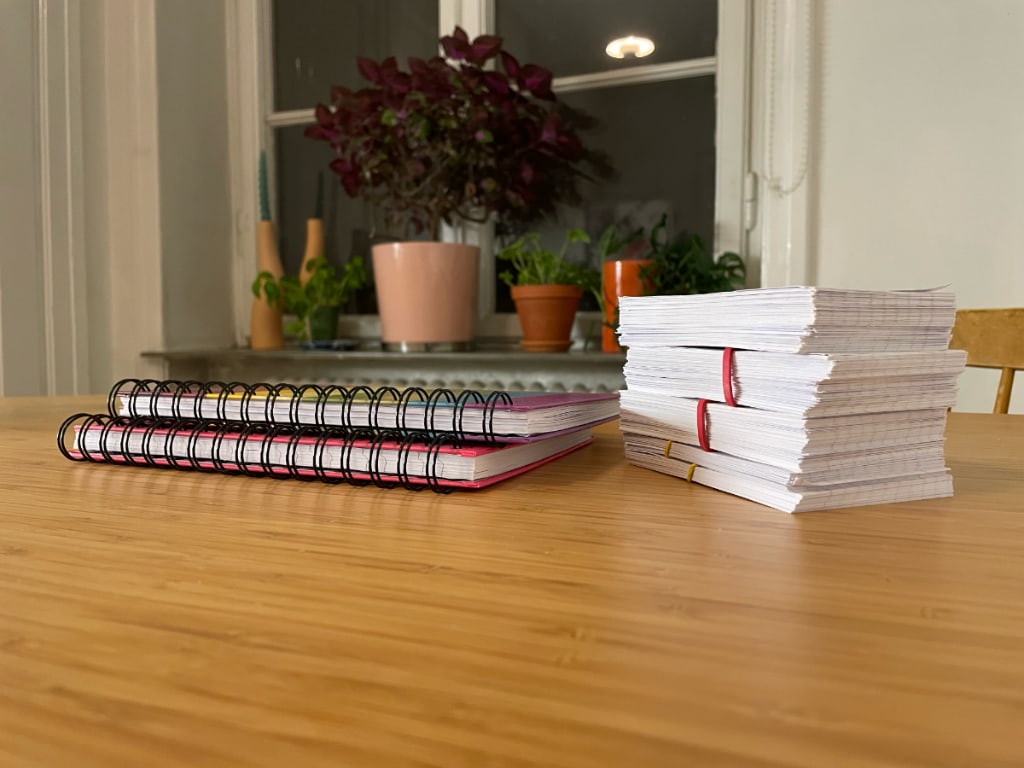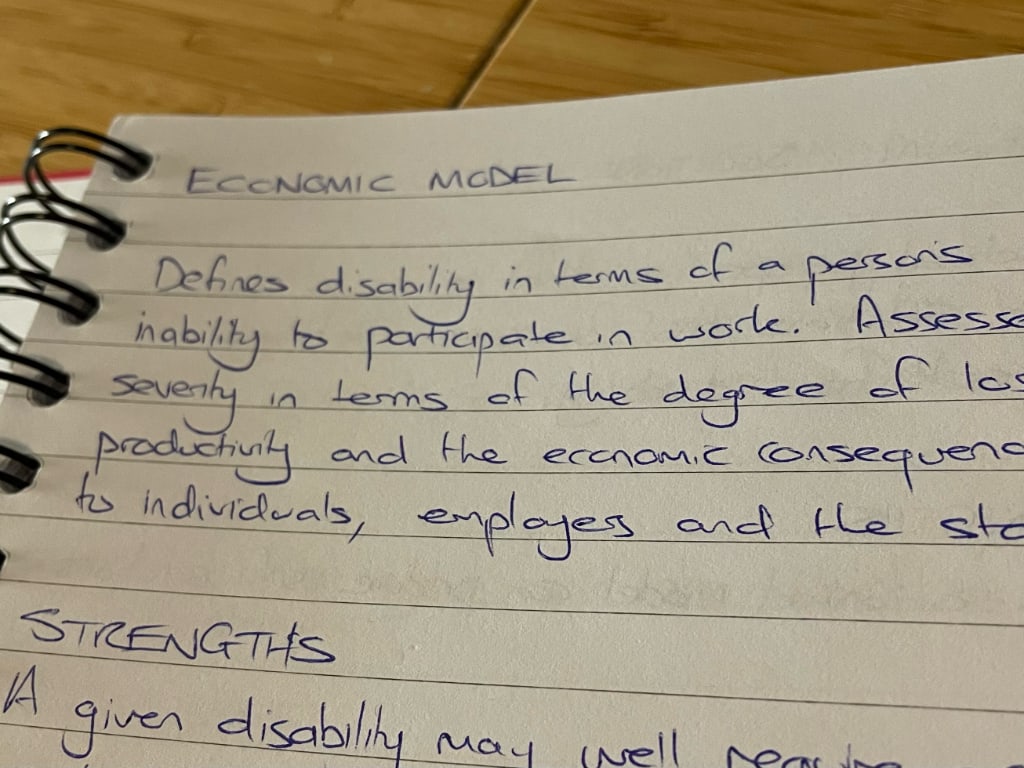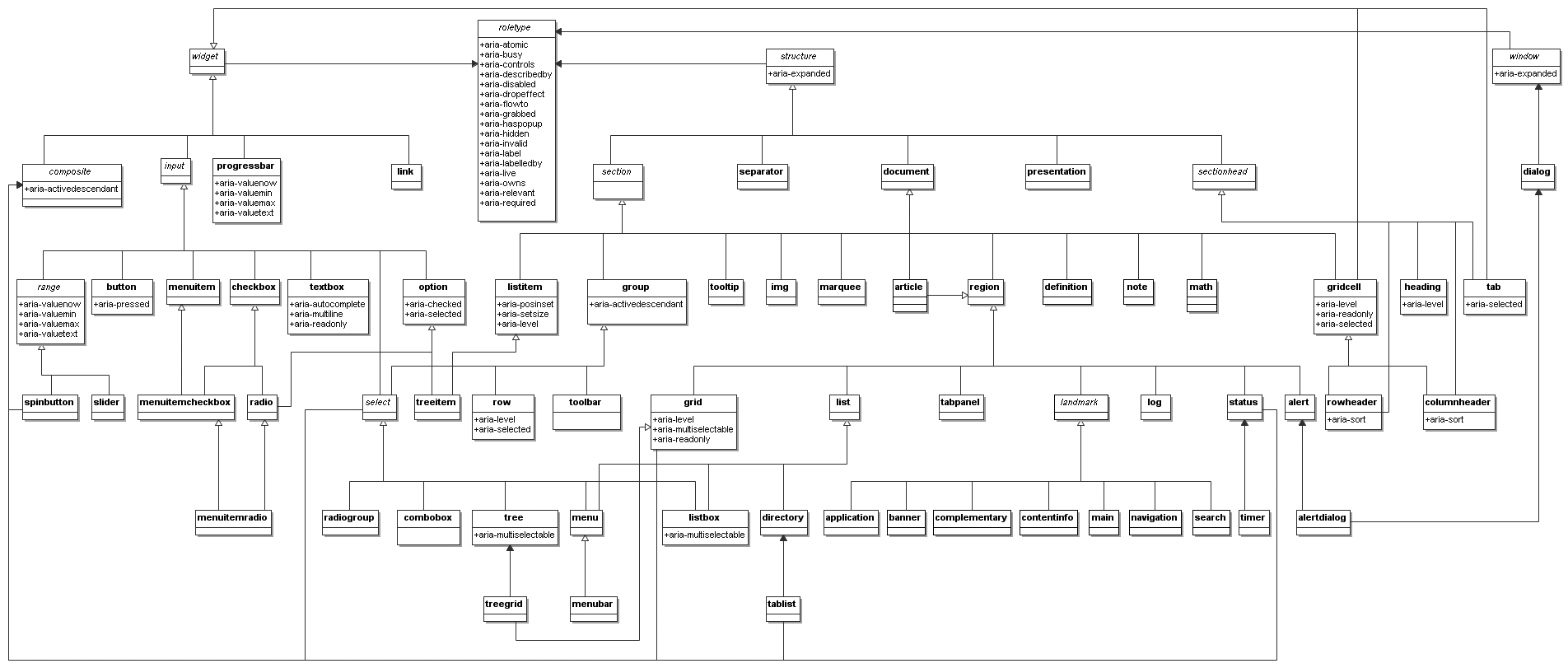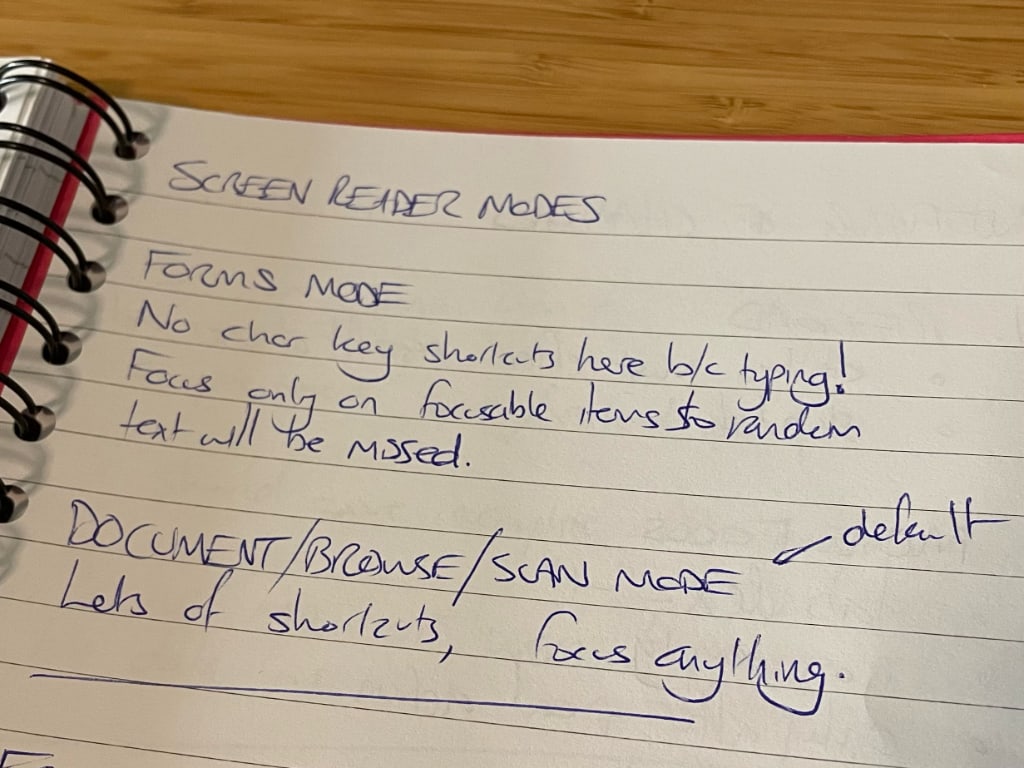My CPWA Experience
2022 was the year my dream of getting more into accessibility finally came true. While I was studying for the IAAP certifications I was surprised by how valuable I found other people’s accounts of how they studied for them. I promised myself I’d contribute back to that if I passed the exams. And I passed, so here’s what I did!
Background
Most people writing about accessibility online seem to be hardcore experts with years upon years of experience working exclusively on accessibility. That’s not me, and I think that’s probably important information here. Like, this certification isn’t just for those superstars. So here’s some background in case it helps someone make a decision about taking these exams.
At my previous job one of my side projects was scoping out and building a business case for a WCAG compliance retrofitting project. My accessibility knowledge back then was within the average range for a decent web developer: I knew how to fire up VoiceOver and how to fix the worst & simplest issues. I knew I wanted to learn more, and that our app’s accessibility issues had commercial drawbacks, but I’d never done anything like build an accessible ARIA combobox implementation myself yet.
The COVID-19 pandemic spoiled my plans there, because in the healthtech business anything that wasn’t COVID-related got deprioritised in 2020. But at my next job, COVID had the opposite effect, as the rise of remote learning brought that app under the jurisdiction of government procurement legislation, with all its accessibility requirements.
So I spent most of 2022 retrofitting a decade’s worth of accessibility issues as quickly as I possibly could, and learned a whole lot in a very short period of time. This was a well-funded project where I got to learn from expert colleagues as well as third party auditors and UX research. Towards the end of this project was when I decided to shoot my shot for the IAAP certs.
Studying
The Deque study package for the CPACC and WAS exams is some of the best $170 I’ve ever spent. If you’re thinking of having a go at these exams, and if you take away nothing else from this post, you should at least buy that package. The three most important things for me in my studies were:
- The deque course.
- Notebooks.
- Flash cards.
I went through the Deque material for both exams once very slowly, making my own set of notes in my own words. This was the part of the process where I’d stop for more research if I found something I didn’t immediately understand. It filled a good few notebooks by the time it was done. Once the notebook phase was done and I was confident I’d seen and understood the full breadth of the material, I created flash cards based on the notes.

My full study material for both courses looked like this once complete.
CPACC
The CPACC course had the most material that was totally new to me, so I focused most of my study efforts on it. The international laws, the different models of disability, the Universal Design for Learning stuff: all of it was new and exciting (and a bit intimidating too) so I threw most of my weight behind learning it.

As someone who dropped out of a humanities university degree course back in 2006 it felt great to see that I’ve learned how to engage with this kind of material properly in the years since.
It was great fun learning about the different models of disability. That’s such a useful conceptual framework for making sense of so many things. Universal Design for Learning was a topic I expected to find a little irrelevant to my own interests, but ended up finding super fun too. The way it categorises the different aspects of learning helped me understand my own learning process better. And the international legal material felt like a bit of a slog at first, but the value of the knowledge felt really clear once it was inside my head. Having a broad idea of what the legal requirements are like in different countries across the world gives a great high-level perspective.
All told, I think the material for this exam felt about equivalent to a typical semester-long university module. The Deque course is a great complement to the IAAP’s own CPACC Book of Knowledge. I don’t believe there was a single exam question that wasn’t covered by the Deque course. They have really created a very special resource in that course. And no, they’re not paying me to promote it.
If you’re interested in accessibility, I think you should definitely consider studying for the CPACC exam. The material isn’t particularly technical as it’s not aimed solely at software engineers. If you’re excited about accessibility and willing to study, you can absolutely pass this exam.
This exam went quite well for me, which reflects how much effort I put in, I think. I was really happy with my result, which built my confidence up for the much harder Web Accessibility Specialist exam.
WAS
The study material for the WAS exam felt more familiar to me than the CPACC stuff because it‘s more technical, which led me to invest less of my study time in it. I regret this now. This exam turned out to be the harder of the two, and I didn’t pass it by as big a margin as the CPACC exam.
I also went off on more tangents, investing a lot of time studying ARIA and ATAG in way more detail than either the Deque course or the WAS Book of Knowledge cover them in. I even made an honest attempt to memorise the whole ARIA taxonomy, which was way too ambitious and miles beyond the scope of the Book of Knowledge.

I tried to memorise this.
I’m still happy I did this because that’s knowledge I now personally value. Having a bit of a general idea about how the different ARIA roles inherit from other more general ones feels cool as fuck. But in hindsight I should probably have focused more on the core material.
What was fun about this course was that it took me outside the stuff I’d covered in the retrofitting project at work. One of the coolest things I was most excited to learn about was the different screen reader modes in JAWS and NVDA. Since I only have access to VoiceOver, this course was my first exposure to that concept, and it’s really important to know about!

This is by far the most important UX difference between VoiceOver and the big two Windows screen readers.
This certification does not fuck around. It’s not like those softball LinkedIn skill tests, and it’s sure as hell not like those scrum master "certifications" that you get after doing a quick two day course with a perfunctory little test on the end. To stand a chance at passing this one, you need to be willing to try to memorise keyboard shortcuts for a bunch of different screen readers. You need to at least have an honest try at memorising as many of the WCAG success criteria as you can. It would have been impossible to pass this exam without the benefit of everything I learned from the accessibility retrofitting project at work. My experience level within the field of accessibility was definitely at the bottom end of the viable range for this certification and I only squeezed through by studying my ass off to compensate for that.
My result for this exam was too close for comfort. If I’d been a bit unlucky on a handful of questions, I’d have failed. A pass is a pass, sure, but I’d have preferred a comfortable pass for both exams rather than a slam dunk for one and a near miss for the other. Something to think about if your experience profile matches mine and you’re wondering how to structure your studies, I reckon.
The exams themselves
Kryterion are doing a great job. The potential for cheating is obvious when people are taking exams from home, and the risk that that represents for the credibility of these certifications is equally obvious. After going through the process twice, I came away with a really strong sense that successfully cheating at these exams would have been harder than just studying for them. The Kryterion folks know what they’re doing, and that’s great, I think.
That said, I’ve also heard anecdotally that this same online proctoring process can prevent blind people from obtaining these accessibility certifications, because it hasn’t been built in an accessible way. The irony would genuinely be quite funny if this wasn’t having a material negative impact on peoples lives. I hate that this is an issue. Everything else about this process has been so fantastic, but this does piss on the cornflakes quite a bit and that’s a shame.
My approach to the exams was to charge my laptop beforehand and set it up on a completely empty desk in a room with the door locked. I made sure to book the exam for a time when it’d definitely be quiet at home too. I was a little nervous about making the proctoring people suspicious, so taking steps like these was a good way to bring my nerves down for the exam.
Next Steps
My CPWA certification expires in 2025. If I want to renew it, I’ll have to earn at least 55 "Continuing Accessibility Education Credits". So yet again the IAAP is setting its certifications apart from the more dubious tech industry certs where simply paying a fee is enough to renew them. Good for them.
I really hope I’ll manage to squeeze that continuous learning in and hang on to the cert. Accessibility has shown me that there’s some genuine potential for social good inherent to literally all software. If you wanted to read a whole bunch of different stuff from all over the world 50 years ago you were basically just shit out of luck if you were blind, for example, and technology has transformed that in the years since. It’s healed a badly wounded part of my soul to find a niche in this industry where the work and its outcomes are coherent with my own personal values.
The downside with accessibility seems to be that it’s a more precarious form of work than the industry standard AB testing grind. Elon Musk’s firing of the entire accessibility team at Twitter was shortly followed by the cancellation of the accessibility program I’d been expecting to work on at my own job. So further specialisation in accessibility doesn’t seem like the best option from a pure risk minimisation perspective, but I don’t think I care. Hopefully there will be lots of opportunities ahead to put all this hard-earned knowledge to good use!
